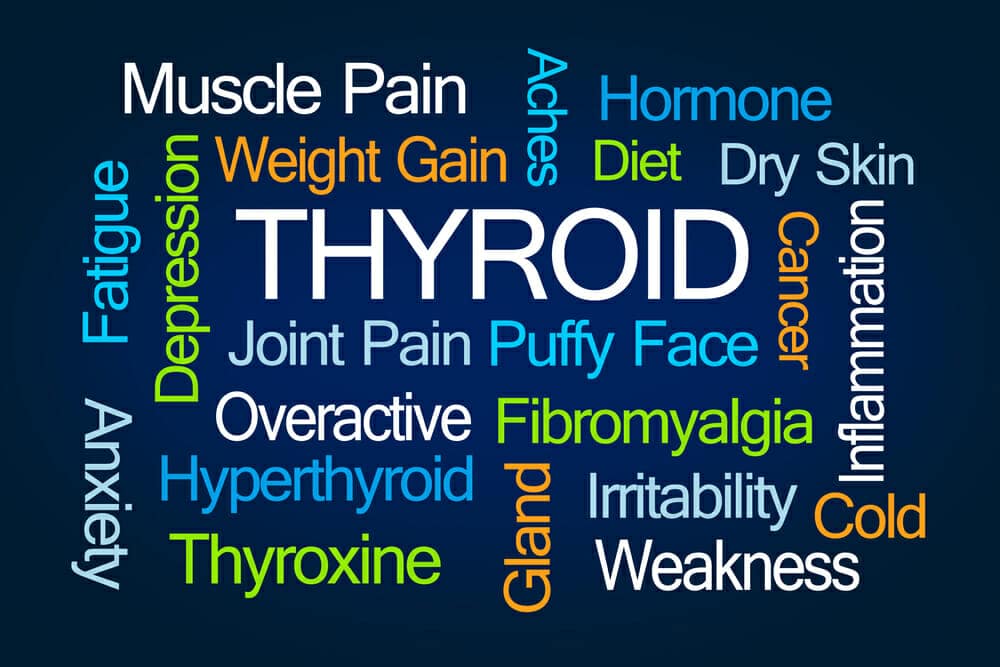With a little apology to the bard, Shakespeare may have been on to something when he spoke about the ‘winter of our discontent’. During the winter months in the northern hemisphere it becomes increasingly difficult to get sufficient Vitamin D for optimum brain health. And Vitamin D is very important for brain health and reducing dementia risk.
In fact, low levels of Vitamin D have been shown to be a major risk factor for dementia and Alzheimer’s disease. Scientists studied 1,658 Americans over the age of 65 to determine whether there was a connection between Vitamin D and dementia risk.
The study began with individuals who could walk unaided. Those individuals were also free from dementia and cardiovascular disease and had not suffered a stroke. Vitamin D levels were measured for each individual. They followed this group for six years to track who went on to develop Alzheimer’s disease or other forms of dementia.
What they found was that a vitamin D deficiency was linked to a substantially increased risk of dementia and Alzheimer’s disease. In fact, those with a moderate deficiency in vitamin D had a 53% increased risk of developing dementia and those with a severe deficiency increased their risk of developing dementia by 125%.
The study also identified optimal levels of Vitamin D that should be circulating in the blood stream. The findings confirmed that Vitamin D levels above 50 nmol/L are strongly correlated with good brain health. Vitamin D levels are definitely an area for discussion with your doctor or nutritionist. A simple blood test can establish the levels of Vitamin D in your system and together you can look at ways to improve your Vitamin D levels.
While not definitively proving that low Vitamin D levels cause dementia, there is enough of a correlation to consider acting to reduce this risk factor. Improving the levels of Vitamin D in your system will reduce your risk of developing dementia.
Low Vitamin D levels have also been associated with poor sleep quality and the development of sleep disorders. Other studies have also shown that a Vitamin D deficiency has negative effects on sleep. And we know that poor sleep patterns lead to impaired cognition. [See previous post on Sleep Disorders and Dementia].
The evidence is clear that Vitamin D is important to improve sleep and reduce dementia risk.
One of the difficulties is that age becomes a factor when talking about sufficient levels of Vitamin D. We face an increased need for Vitamin D after the age of 50.
It becomes a bit of a double whammy – you need more of it and the lack of it has a significant impact on aging well.
The optimal way to get Vitamin D is through exposure to the sun. In fact, our body synthesizes Vitamin D from sun exposure and doesn’t really need to get it from food. However, there are many factors which can affect sun exposure — like sunscreen, cloud cover, pollution and skin pigmentation. As well, the months where the sun is low on the horizon means that the sun is not penetrating the atmosphere in an optimum way. This means the winter months in Canada and the northern United States. All of these factors can limit sun exposure and can cause a decrease in Vitamin D levels.
While our bodies can synthesize Vitamin D after exposure to (UVB) ultraviolet rays from sunlight, everyone faces different factors. Therefore, it is difficult to give a general rule for sun exposure. The best idea is to be sensible. A light pink or tan is good – burning is bad.
But once again – those of us over the age of 50 have a reduced ability to manufacture Vitamin D from sun exposure…and if you live in Canada or the northern United States, getting enough sun is particularly difficult in the winter months.
So other than moving south in the winter months, what are your other options?
You might want to invest in UVB lights, which are typically available from home health stores. As discussed in a previous blog post [Sleep Disorders and Dementia] you can use bright light therapy not only to improve sleep patterns but also to facilitate the production of Vitamin D. Use these lights within the recommended daily limits as they can be counterproductive if used too late in the day.
A second option is to improve dietary intake of Vitamin D rich foods. Fatty fish like salmon, tuna and sardines are great sources of this vitamin, as are eggs. Many dairy products like milk or yogurt and citrus fruits and cereals are now fortified with Vitamin D.
Another option is to take Vitamin D supplements. Interestingly, the Canada Food guide — which typically doesn’t recommend supplements — suggests that individuals over the age of 50 take a daily supplement of 400IUs of Vitamin D. This is on top of the recommended two glasses of milk.
When considering adding Vitamin D to your diet through supplements, you need to be aware of the role magnesium plays in helping your body absorb Vitamin D. Magnesium, calcium, vitamin D3 and vitamin K2 need to be balanced with each other for optimum health.
Getting enough magnesium may be difficult, but one little trick is to take regular Epsom salt baths or foot baths. Epsom salt contains magnesium and can be absorbed through your skin. Plus it makes your skin feel great — a real win-win.
The essential point is that you do need to think about how much Vitamin D you are currently getting through nutrition and sun exposure and consider how you might add additional Vitamin D to your diet. The link between deficient Vitamin D and dementia risk is too strong to be ignored.
This is something worth discussing with a nutritionist or your doctor. Speak with them about a plan to improve your Vitamin D levels.
Maybe you can suggest to your physician that they can write you a prescription to go to Costa Rica for the winter months?
Well – we can always dream!








Reply